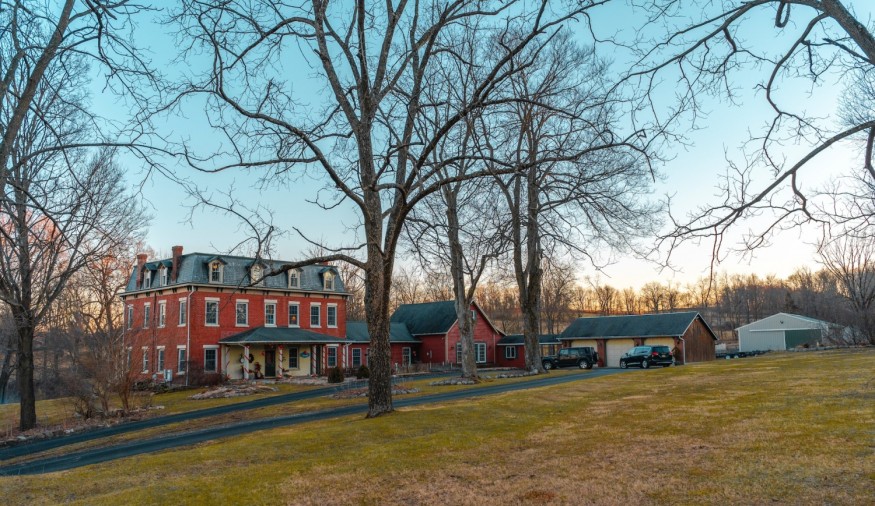
Buying vacant land opens up several options for you. Using the land as an investment, a place to build a home, or a business that will make you a fortune is possible. No matter the reason, buying land is an excellent idea at any time.
The problem is that the piece of land may have some strings attached to it that you may not have bargained for. Plus, the cost of building a house these days is astronomical, so that is also something that you need to think about. Let's dig into this subject and determine what to consider when purchasing vacant land.
Location - Location is everything; you need to know what you are looking for and take the time to find it. For example, if you want to build a business, the vacant lot will need to be in a location that would be good for the company being built.
Know The Costs - Know what costs you are looking at besides the land's asking price. If you are out of town, you will have to pay for utilities, cable, and internet to be run to your new location. Plus, you may have to have a well dug for water and a septic tank put in for waste. Do the math and see if the land is actually a good deal.
Ordinances - The land may not be able to be used as a personal dwelling or a business, and you may have to have a house within set limits. The zoning may require you to have two cars and no more. They may also ask for membership fees to cover the expenses of the homeowners association.
Zoning Restrictions - Zoning restrictions may affect where you look for vacant land for sale. If the area is zoned for commercial use only, you will not be allowed to build property in which you plan to live. Check the zoning laws at the nearest office before buying any land.
Road Access - Land in the boonies may not even have a road. This may be what you are looking for, but a road to your property will be helpful most of the time. Check to see the city's long-term plans to see if a road is in the works. If not, it may be an expense that falls on your shoulders.
Easement - If the land you are looking at has a driveway that goes through someone else's property, you will need to establish an easement. If you don't, the neighbor can decide to gate the driveway off, and you will not be able to drive through. It is essential to have this set up and in writing before you buy a piece of property that you cannot get access to.
Surveying - Having a professional survey the property before signing any paperwork is imperative. Even if an old survey is on file, you will want to hire someone you trust to complete an updated survey. This shows you where your property lines truly are without the interference or wrongful guidance of the adjoining neighbors.
Permits - The cost of permits can add up; unfortunately, they are not something you can skip out from doing. Everything that you do on the land will require a permit to allow you to do it. The zoning office is where you will get these, so make sure you set a friendly tone when discussing anything with them.
Buying vacant land can be extremely beneficial if you have a plan in mind and know all the expenses associated with it. Check into everything before you settle for anything. You may find that a piece of land on one block may not be a good fit, but one a couple blocks away will be perfect. That is why it is essential to do your homework, take your time, and get into the ideal vacant land that fits your needs.
© 2026 Realty Today All rights reserved. Do not reproduce without permission.



